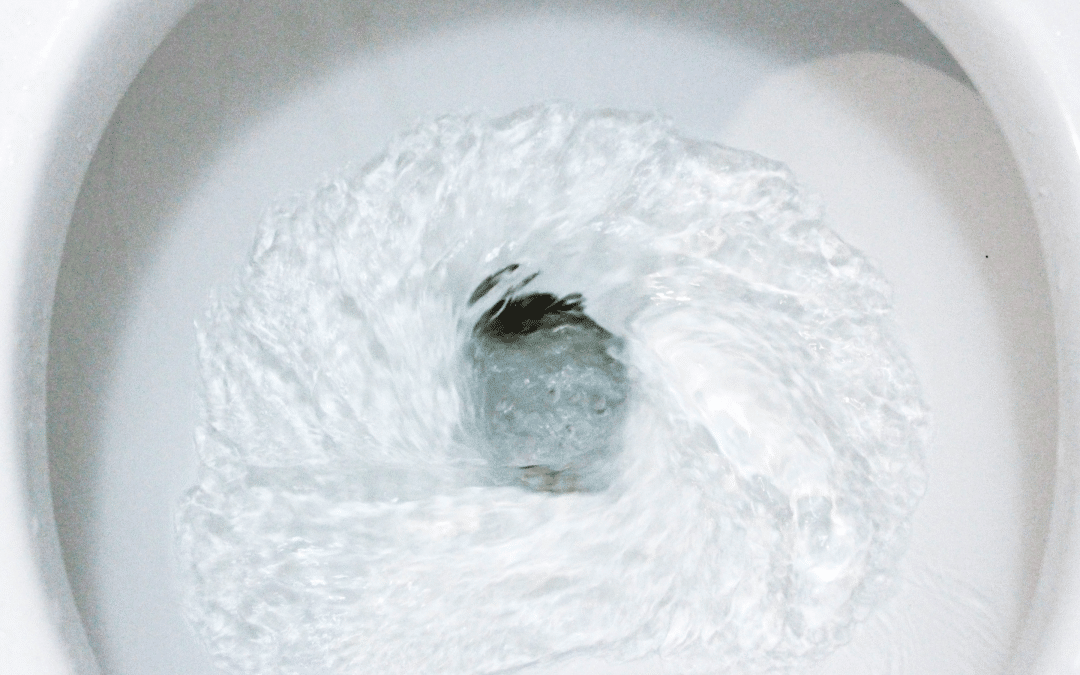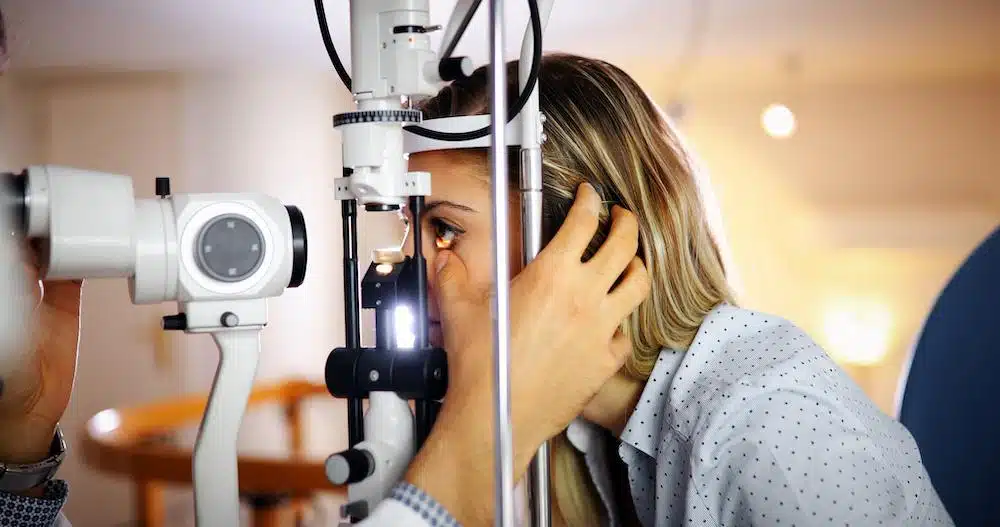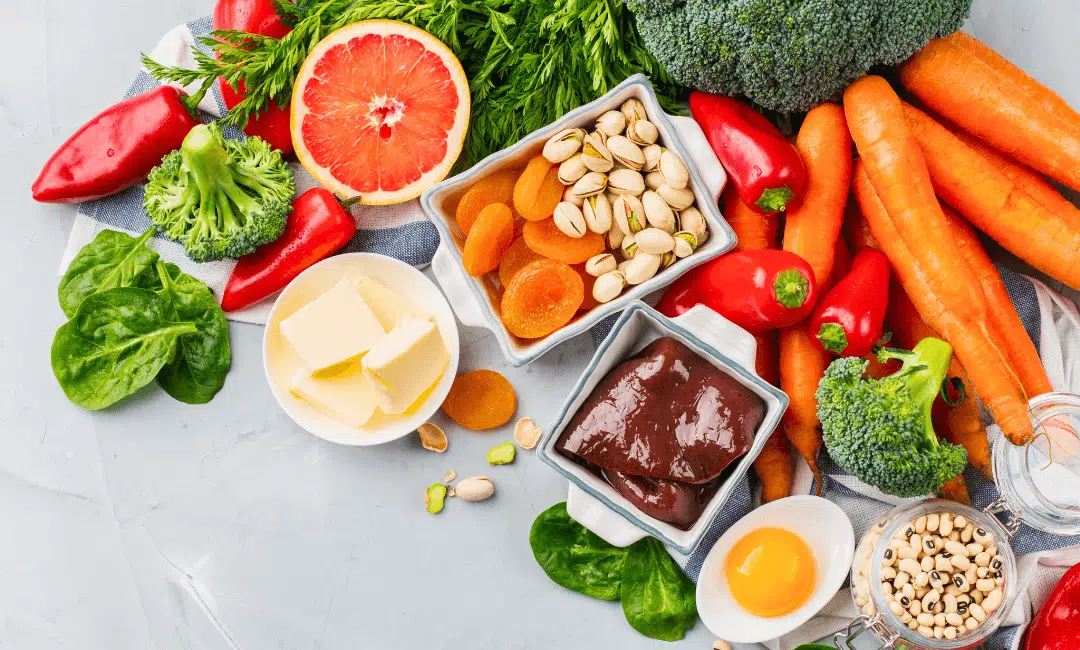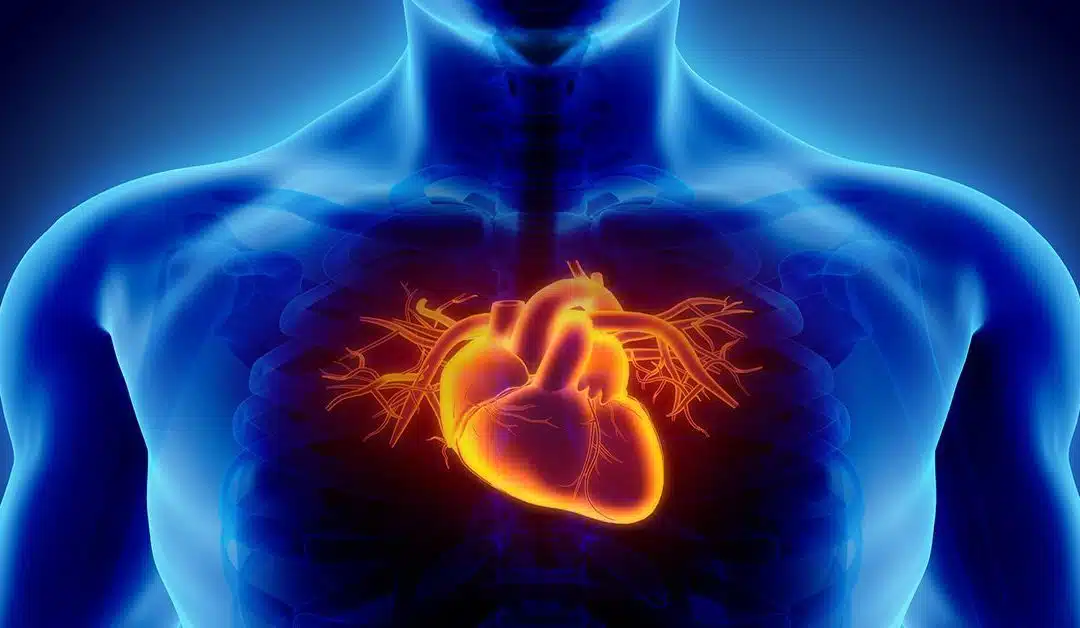Basil seeds, also known as “sabja” or “tukmaria,” are tiny, black seeds derived from the basil plant. They have been a staple in various culinary traditions, particularly in the Indian subcontinent, for centuries. While they may appear insignificant, basil seeds pack a powerful punch when it comes to their nutritional profile.
Basil seeds are rich in dietary fiber, protein, and essential minerals like iron, calcium, and magnesium. They are also a good source of antioxidants, which help protect our cells from damage caused by free radicals. Additionally, basil seeds contain beneficial compounds like mucilage, a soluble fiber that swells up in water, giving them a unique gelatinous texture [1].
The Role of Basil Seeds in Promoting Gut Health
Basil seeds have gained recognition for their potential benefits in promoting gut health [1]. Here’s how they can contribute to a healthier gut:
- Prebiotic Properties: Basil seeds are rich in soluble fiber, which acts as a prebiotic. Prebiotics feed the beneficial bacteria in our gut, promoting their growth and helping to maintain a balanced microbiome.
- Digestive Support: The mucilage found in basil seeds can help soothe the digestive tract and alleviate issues like constipation, diarrhea, and irritable bowel syndrome (IBS). The gelatinous texture of the seeds can also aid in proper bowel movements.
- Anti-inflammatory Effects: Basil seeds contain antioxidants and anti-inflammatory compounds that can help reduce inflammation in the gut. Chronic inflammation is often linked to various digestive disorders and other health problems.
How to Incorporate Basil Seeds into your Diet
Incorporating basil seeds into your diet is relatively simple and versatile. Here are a few ways to enjoy these tiny powerhouses:
- Beverages: Soak basil seeds in water or milk to create a refreshing, gel-like drink. You can flavor it with honey, lemon, or your favorite fruits.
- Smoothies and Shakes: Add soaked basil seeds to your smoothies or shakes for a boost of fiber and a unique texture.
- Curries and Soups: Sprinkle basil seeds over curries or soups for added nutrition and a delightful crunch.
- Desserts: Use basil seeds to create delectable puddings, jellies, or as a topping for ice creams and yogurts.
Other Health Benefits of Basil Seeds
While basil seeds are renowned for their gut-friendly properties, they offer a plethora of other health benefits:
- Skin Health: The antioxidants in basil seeds can help protect the skin from damage caused by free radicals, promoting a healthy complexion.
- Blood Sugar Regulation: Studies suggest that basil seeds may help regulate blood sugar levels, making them a potential ally for individuals with diabetes.
- Weight Management: The fiber and mucilage in basil seeds can promote feelings of fullness, which may aid in weight management efforts.
- Heart Health: The high fiber content and anti-inflammatory properties of basil seeds may contribute to a healthier cardiovascular system.
Tips for Purchasing and Storing Basil Seeds
When purchasing basil seeds, look for high-quality, organic seeds from reputable sources. Avoid seeds that appear discolored or damaged.
Basil seeds have a long shelf life when stored properly. Keep them in an airtight container, away from direct sunlight and moisture. Properly stored, basil seeds can last for several months or even years.
Potential Side Effects and Precautions when Consuming Basil Seeds
While basil seeds are generally safe for consumption, it’s important to exercise caution and moderation, especially for individuals with certain health conditions:
- Digestive Issues: Basil seeds may exacerbate digestive problems like diarrhea or loose stools in some individuals. Start with small quantities and monitor your body’s response.
- Pregnancy and Breastfeeding: There is limited research on the safety of basil seeds during pregnancy and breastfeeding. Consult with a healthcare professional before consuming large amounts.
- Medication Interactions: Basil seeds may interact with certain medications, such as diabetes medications or blood thinners. Consult your doctor if you are taking any medications.
Final Thoughts
Basil seeds are a remarkable addition to our diets, offering a wealth of benefits for gut health and overall well-being. By incorporating these tiny powerhouses into our meals and beverages, we can support a balanced gut microbiome, promote digestion, and potentially alleviate various digestive issues.
Remember, a healthy gut is the foundation for a healthy life. By harnessing the potential of basil seeds, we can take a proactive step towards nurturing our gut and unlocking a world of vitality and well-being. It is always advisable to talk with a medical professional if you are going to make any major dietary changes or lifestyle changes especially if you have any existing health conditions. Healthcare professionals can provide personalized advice based on your individual needs and health status.
Sources
[1] Calderón Bravo, H., Vera Céspedes, N., Zura-Bravo, L., & Muñoz, L. A. (2021). Basil Seeds as a Novel Food, Source of Nutrients and Functional Ingredients with Beneficial Properties: A Review. Foods (Basel, Switzerland), 10(7), 1467. https://doi.org/10.3390/foods10071467
https://www.medicalnewstoday.com/articles/basil-seeds
https://www.wellandgood.com/bloating-soaking-basil-seeds/








